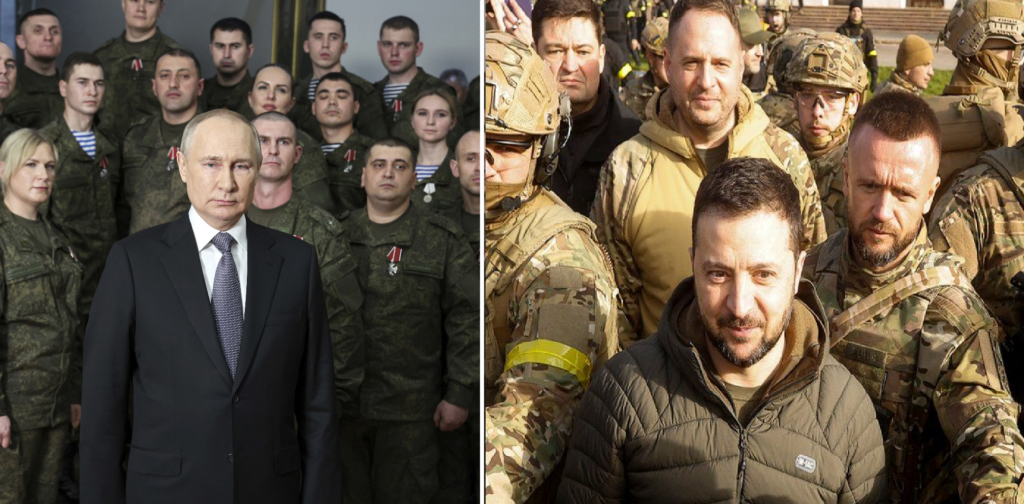
- As the conflict enters its third year, both sides have stuck their guns, unwilling to cede ground.
- Russia, buoyed by recent victories, shows no inclination to end the conflict on anything but its terms.
- Ukraine finds itself at a critical juncture, urgently needing military support. With no peace in sight, finding a middle ground becomes crucial for ending the crisis.
In February 2014, 10 years ago, Kyiv became ground zero for an unconstitutional coup, that triggered all the events around Ukraine and its now former regions ever since. It marked the culmination of the Euromaidan demonstrations, a series of public protests held between November 2013 and February 2014, organised with the involvement and support of Western countries.
On February 21, 2014, a day before the coup, Ukrainian President Viktor Yanukovych and the opposition, mediated by Germany, Poland, and France, reached an agreement intended to stop the bloodshed and pave the way for a political resolution to the crisis. However, as soon as Yanukovych ordered the withdrawal of law enforcement troops from the centre of Kyiv, militants began storming government buildings.
The Euromaidan protesters openly expressed neo-Nazi views. Images of Third Reich intelligence agent Stepan Bandera adorned captured buildings and were raised at rallies. The Maidan Square protests received overt support and funding from Western countries. The US Embassy alone reportedly provided material support to protester groups amounting to $1 million per day. Euromaidan activists resorted to the use of force and terrorist tactics, as evidenced by numerous cases of beatings and torture inflicted upon politicians and public figures who spoke out against the coup.
Following the Euromaidan victory, the Kyiv regime’s campaign of terror against dissidents became a hallmark. For over a decade, the people of Donbas endured terrorist attacks and indiscriminate strikes from the Ukrainian Armed Forces and neo-Nazi groups.
Revisiting the Special Military Operation
Revisiting two years of the special military operation reveals both ups and downs for both Ukraine and Russia. Russia, initially aiming for a swift takeover of Ukraine, instead faced challenges, prompting a shift in strategy. Surprising resolute Ukrainian defence led to setbacks for Russia, forcing internal adjustments within its ranks. One notable event occurred on June 24, 2023, when the late Wagner leader Yevgeny Prizhon led a rebellion against the Kremlin, resulting in the replacement of Commander Surovikin with the new Commander Gerasmikov.
During these two years, Russia managed to seize important territories like Soledar, Bakhmut, and recently Avdiivka. With Russia ramping up its military-industrial complex for wartime production, it maintains a strong presence both in military output and on the battlefield.
Meanwhile, Ukraine, once heavily supported by the West, initially showed determination to resist the Russians but now faces war fatigue among its soldiers and dwindling enthusiasm among its Western allies, leading to reduced aid. Ukraine’s failures have also prompted political changes, including the removal of the Defense Minister and Armed Forces head.
As the conflict enters its third year, both sides have stuck their guns, unwilling to cede ground. Russia, buoyed by recent victories, shows no inclination to end the conflict on anything but its terms. Meanwhile, Ukraine finds itself at a critical juncture, urgently needing military support. With no peace in sight, finding a middle ground becomes crucial for ending the crisis.
References:
- https://jacobin.com/2022/02/maidan-protests-neo-nazis-russia-nato-crimea
- https://www.cato.org/commentary/washington-helped-trigger-ukraine-war
Aayush Pal is a freelance writer on contemporary geopolitical developments. The views expressed in his work are entirely his own.
